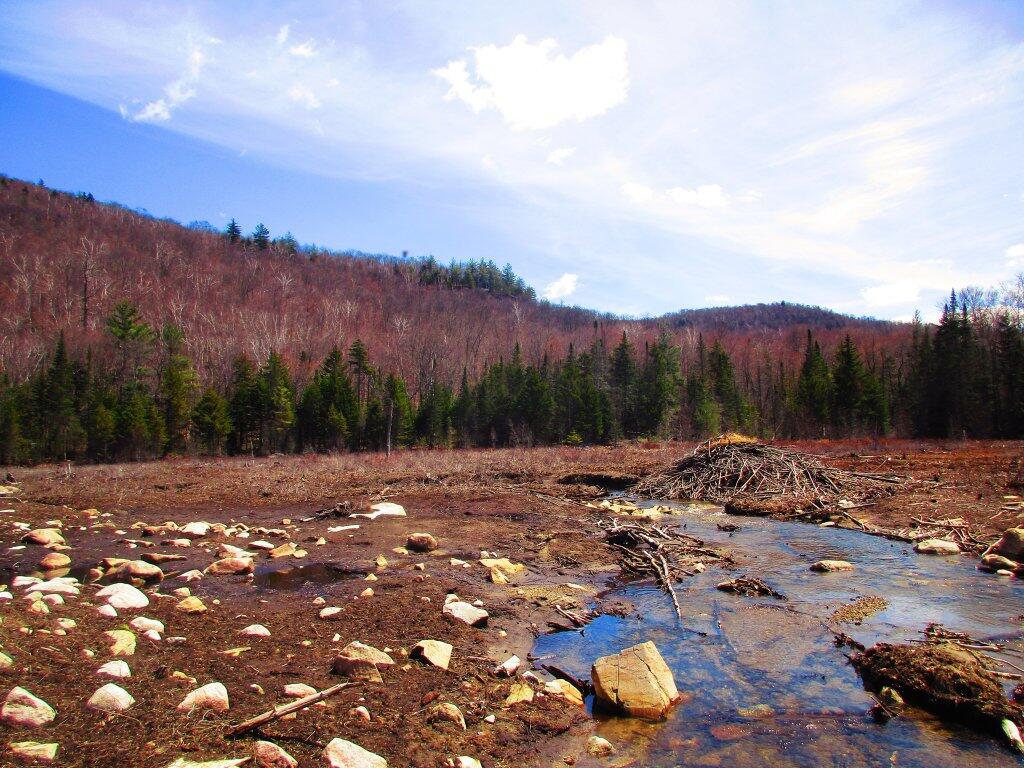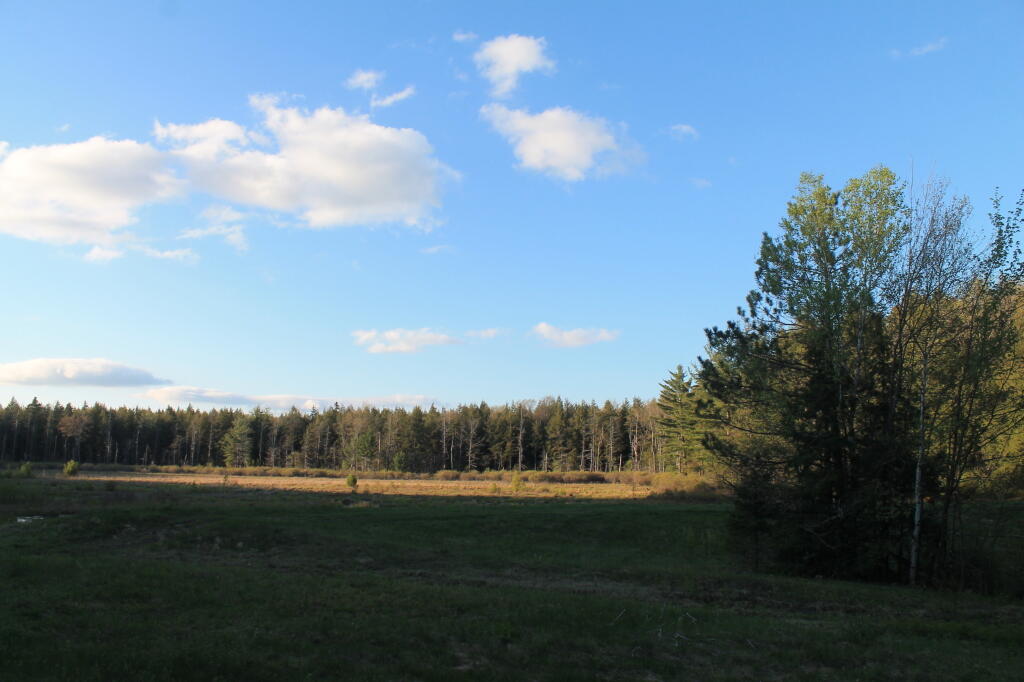PAUSE vs Save the Pine Bush and City Funding 💰
A few years back, People of Albany United for Safe Energy (PAUSE) was created to fight oil trains in Downtown Albany. The concern was the large number of highly volatile oil tanker trains that were parked in Downtown Albany for transfer to ships and pipelines heading down to refineries in New Jersey and New Brunswick.
In more recent years they’ve gotten into the zero waste advocacy – actually as a contactor for the city of Albany to comply with their state mandated landfill permit that calls for the city to have a recycling coordinator position that promotes recycling education throughout the member communities.
While this city grant may help with their advocacy efforts it does make their group tied to the city for funding. Criticize the city’s recycling efforts and their group may be without a city grant.
Save the Pine Bush has never taken city funding. They are fully not for profit and independent, free to criticize and fight any development in the Pine Bush.
In contrast, the Albany Pine Bush Preserve Commission, a state operated and largely state funded corporation, is able to focus on education and managing the land while being subject to all the political concerns such a corporation faces.

